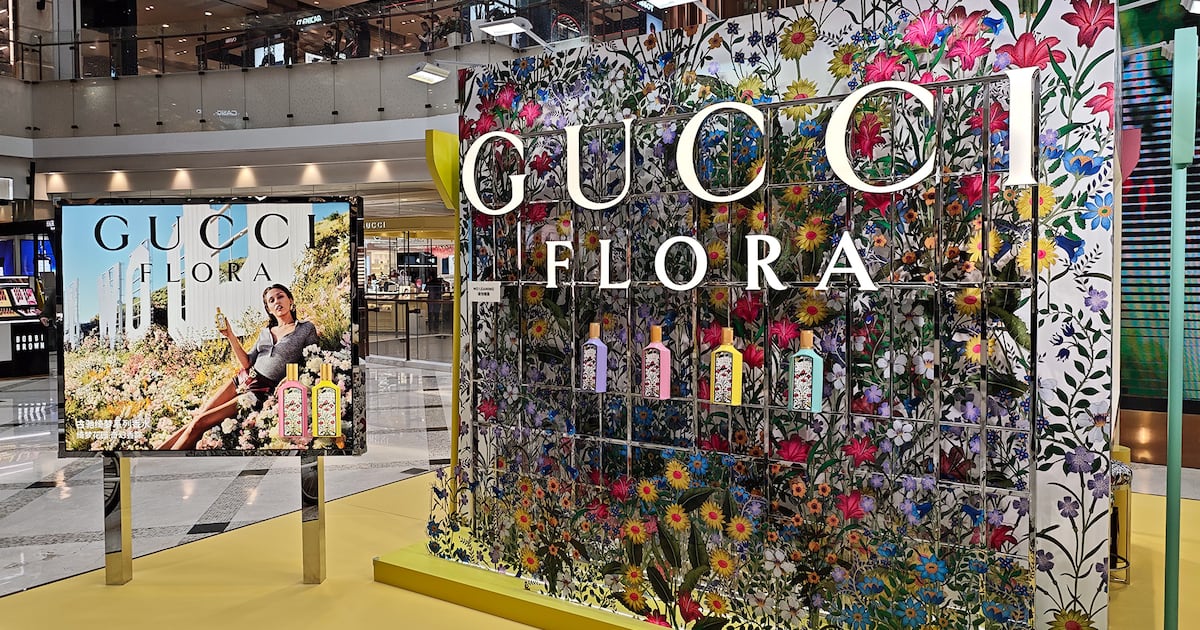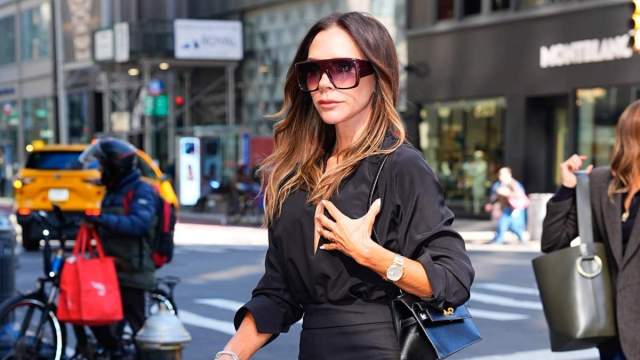It was a deal that rocked the fashion and beauty worlds.
Late Sunday night, Kering announced its agreement to sell its entire beauty unit — including Creed and all of the group’s cosmetics and fragrance licences — to L’Oréal for $4.6 billion, just two years after the division’s formation, in another big decision by fast-moving new chief Luca De Meo.
The transaction — which includes the license to make Gucci-branded beauty products when Kering’s existing agreement with Coty expires in 2028, as well as a joint venture to explore opportunities in beauty and wellness — is seismic for both groups. But its ripple effects will be felt further afield, too.
Kering’s Strategic Retreat
For Kering, the move is a major retreat after a beauty push that involved bringing its cosmetics and perfume lines for Bottega Veneta and Balenciaga in-house, while waiting to plug in flagship Gucci at the end of its current licence, and paying $3.8 billion to acquire the fragrance brand Creed.
The logic behind Kering’s ambition to bring beauty in-house — maximising revenues and better control its image across categories, like rival LVMH — remains sound. But realising its potential was going to take years. And as BoF’s Robert Williams writes in his latest “High Margin” newsletter, De Meo had to trade this off with a chance to solve a more pressing issue — the company’s €9.5 billion debt load — while refocusing the group on reviving its core fashion and leather goods business. Plus, the success of Kering’s existing partnership with L’Oréal, which already owns the long-term license to sell Yves Saint Laurent beauty products, suggests the group’s brands are in good hands.
A Win for L’Oréal
For L’Oréal, onboarding Kering’s brands with 50-year licensing agreements is a significant win, cementing its position as the world’s biggest beauty conglomerate. But realising the potential of the deal will take time and work. As BoF’s Priya Rao notes in her latest “Full Coverage” newsletter, Creed generates an estimated $400 million in annual sales, but Gucci’s beauty business remains in the hands of Coty until 2028 and Bottega Veneta and Balenciaga’s fragrance offering, while well aligned with the fashion messaging the brands are pushing, is still so small as to be immaterial to L’Oréal — and a tough sell to consumers at more than $300 a pop for a perfume.
A Coty Catastrophe
The deal is a near catastrophe for Coty. Losing Gucci, which reportedly brings in around 10 percent of the group’s revenue, will leave a hole in its sales just as the brand’s fashion business is showing early signs of a long-awaited revival under new designer Demna. The move is also a blow to Coty’s luxury positioning at a time when the company is conducting a strategic review of its mass-market beauty portfolio, leaving Priya wondering whether Burberry and Chloe would run for the exits, too.
A Potential Armani Alliance
On Tuesday, L’Oréal chief Nicolas Hieronimus told investors that its acquisition of Kering’s beauty business wouldn’t derail a potential tie-up with Armani. The late Giorgio Armani’s will instructed heirs to sell a 15 percent stake in the brand within 18 months, naming L’Oréal, which already owns the license to make Armani-branded beauty products, on a shortlist of preferred investors. Could the L’Oréal-Kering alliance agreed this week extend to Armani, with L’Oréal licensing the brand’s fashion and leather goods business to Kering, much as Estée Lauder has done with Tom Ford?
For more on this week’s Kering-L’Oréal deal and the worlds of luxury and beauty, subscribe to our weekly newsletters High Margin by Robert Williams and Full Coverage by Priya Rao.


